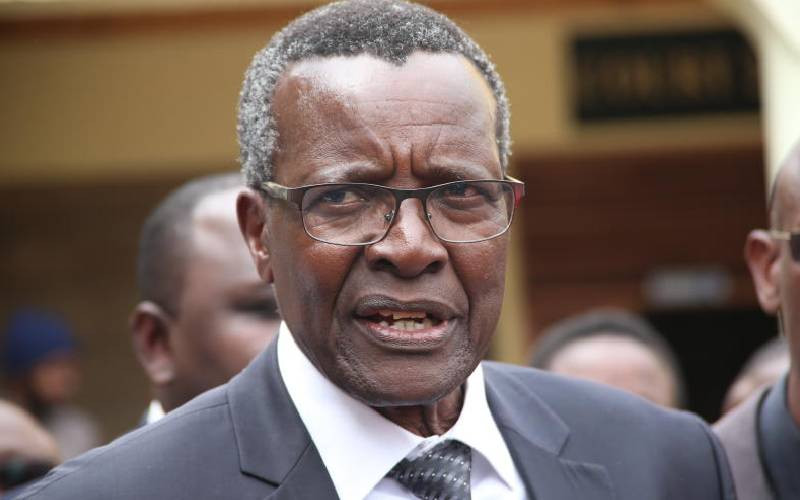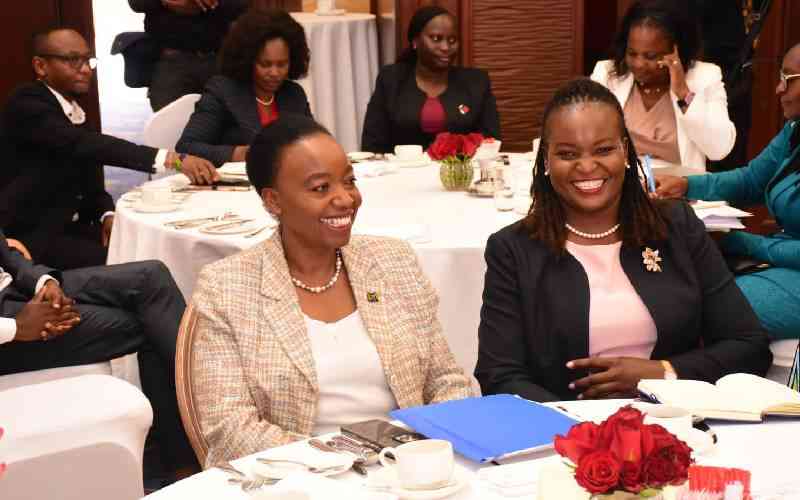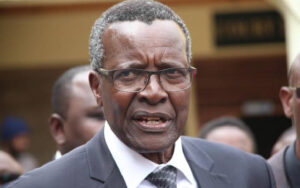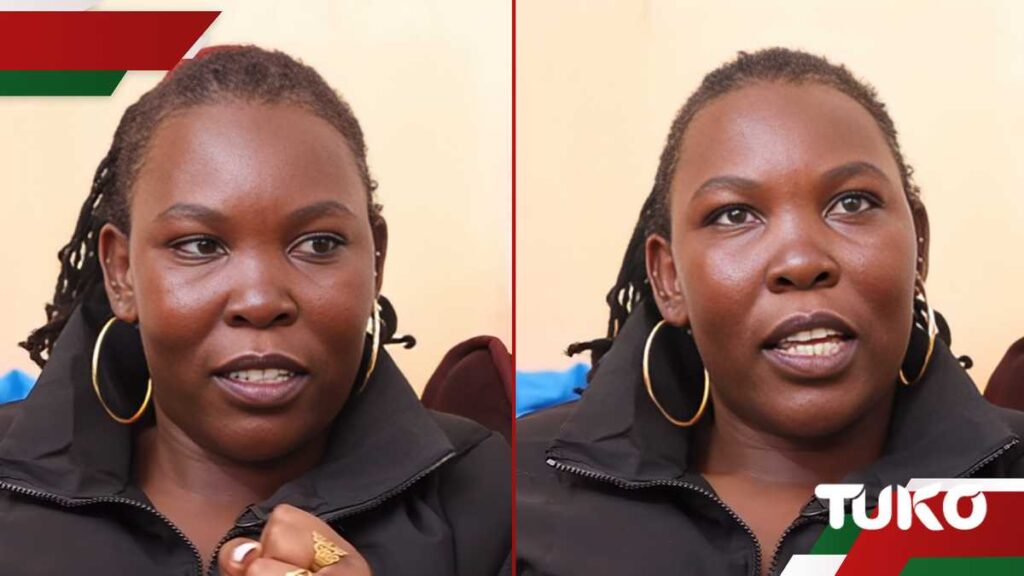Presidential Advisor on Women’s Rights Harriette Chiggai has emphasized the need for Kenya to urgently expand women’s participation in leadership, entrepreneurship, and justice systems if the country is to achieve inclusive growth.
Chiggai urged government, corporates, and development partners to step up deliberate investment in women’s enterprises, mentorship, and gender-responsive budgeting, saying that women’s empowerment is a core pillar of economic transformation.
She was speaking at a women’s empowerment forum in Nairobi.
“Economic transformation cannot happen without women at the centre,” she said. “We must strengthen the voice and agency of women in decision-making and leadership while addressing the persistent challenges of gender-based violence and economic exclusion.”
Chiggai emphasized that the Bottom-up Economic Transformation Agenda will only succeed if women and youth are fully integrated as drivers of growth.
She called for reforms in access to credit, enhanced mentorship for women leaders, and strict accountability for resources allocated to gender-responsive programs.
National Security Advisor Monica Juma called for gender equality within Kenya’s national development and security agenda.
Dr Juma said women must not only participate as beneficiaries but also as owners and users of economic, social, and justice assets.
“No country can prosper sustainably when it excludes more than half of its population,” she said,
Juma applauded the trailblazing women who have shaped Kenya’s journey, particularly those in the justice sector, Parliament, boardrooms, and grassroots, saying that their efforts inspire the next generation.
At the same time, she warned of emerging threats that could erode gains made in gender equality, particularly in the technology space.
Dr Juma noted that while legacy issues such as poverty and exclusion persist, new frontiers like artificial intelligence, digital finance, and cybersecurity must be addressed with intentional strategies to ensure women are not left behind.
“We must ask ourselves, where are women in the future of finance, in cryptocurrency, in AI, in cybersecurity?” She posed.
Stay informed. Subscribe to our newsletter
“It cannot be that women are always the late takers. Empowerment must place women at the forefront of shaping these new frontiers,” she added.
Framing women’s empowerment beyond a rights agenda, Juma said is essential for good governance, security, corporate performance, and societal cohesion.
She emphasized that security, traditionally viewed in masculine terms, now requires softer skills and diverse perspectives, especially as threats like cybercrime transcend borders and reach directly into households.
“We must rethink the skills and leadership we bring into the security space,” she said.
“Women’s participation is not only a matter of justice but also of effectiveness in addressing the evolving challenges of our time.”
Chiggai called for collaborations across government, civil society, financial institutions, and religious organizations to create ecosystems that enable women to thrive.
She said that empowerment must be deliberate, forward-looking, and intersectional, bridging legacy struggles of poverty and exclusion with urgent engagement in emerging spaces of technology, security, and finance.
“Empowerment is not about charity. It is about building an equitable society where women and men can walk together as equal partners in driving national transformation. “she said.
“It is inconceivable that we can build a prosperous nation with half of our talent left out. Women’s full participation is not a favor. It is the foundation of our collective progress,” she added.




















